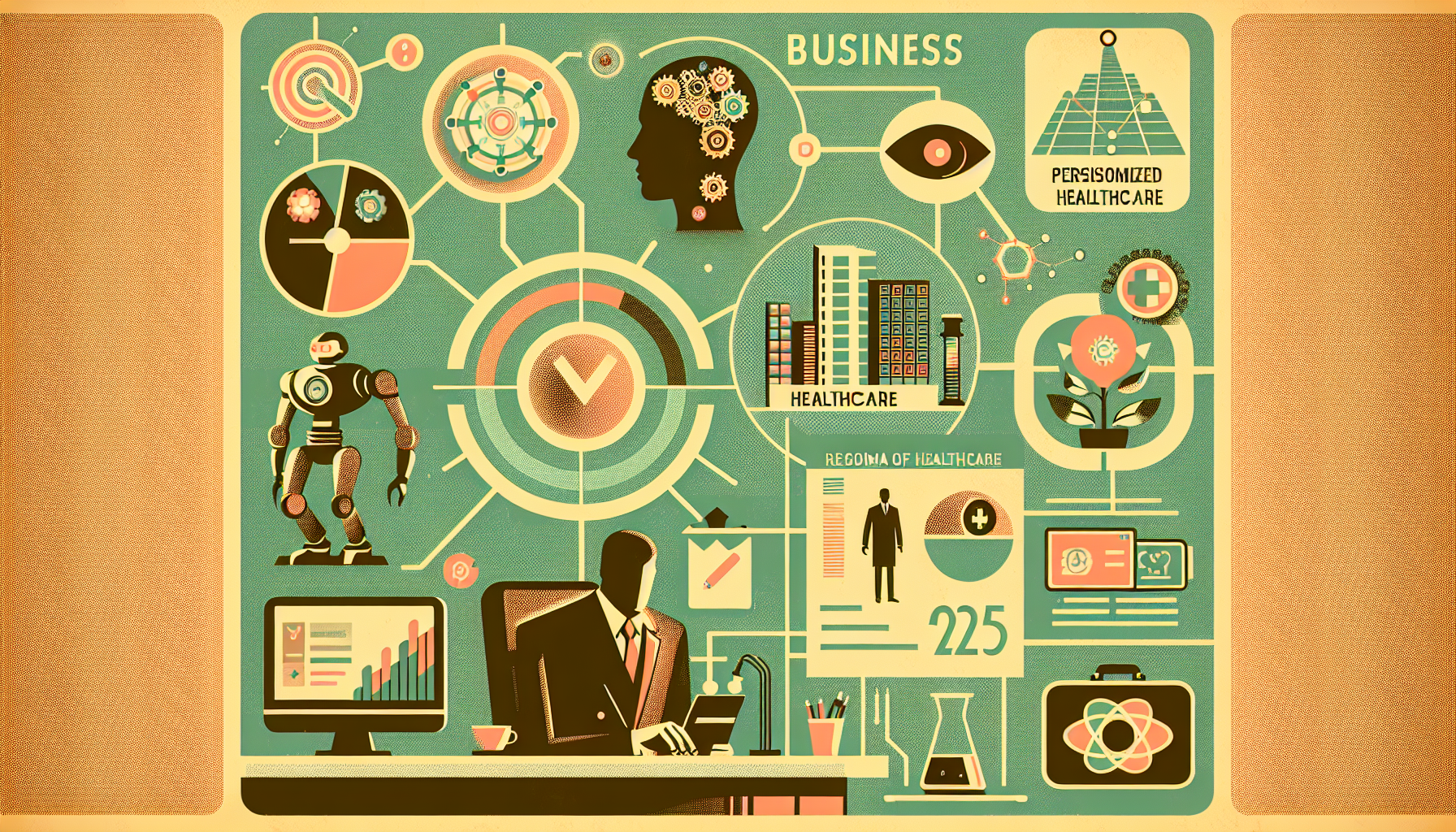We are on the edge of a new era, where generative AI and advanced robotics are set to change the landscapes of business and healthcare throughout 2025. These innovations bring with them the promise of greater efficiency and personalized service, but they also call for careful thought about ethics and security.
Generative AI and Robotics in Business
Generative AI is already making a big difference in how businesses work. Companies use AI to create content automatically, analyze large amounts of data, and unlock new insights. Tasks that once took hours are now completed in minutes. This technology allows everyone, not just technical experts, to understand and use complex data. It also predicts trends, helping leaders make smarter choices before problems appear.
In marketing, generative AI crafts messages tailored to each customer, sifts through feedback, and improves campaigns faster than any human team could. Its ability to personalize and optimize work brings real competitive advantages.
Robotics is also transforming business. Humanoid robots and service machines handle customer service, move goods in warehouses, and perform many repetitive jobs. By automating routine work, these machines give human employees more time to focus on creative and strategic tasks. The result is greater efficiency, lower costs, and improved morale.
Transformations in Healthcare
Healthcare is experiencing a profound shift thanks to these technologies. Generative AI is speeding up the search for new medicines, cutting down on paperwork, and creating treatment plans designed for each patient’s needs. AI-powered virtual assistants help patients anytime, answering questions and providing guidance around the clock.
AI systems now study huge sets of medical data, learning to spot disease trends and offer preventive advice. Meanwhile, surgical robots assist doctors with incredible precision, reducing mistakes and helping patients recover faster. Assistive robots also bring comfort and safety to those who need extra care at home or in hospitals.
Emerging Risks and Ethical Considerations
With great innovation come serious risks. The power of AI can be used to create convincing fake content and launch cyberattacks that threaten privacy and trust. Businesses and hospitals must now defend against AI-powered phishing schemes and deepfakes that could mislead employees or harm patients.
On the ethical side, there are worries about jobs disappearing as machines take on more duties. Protecting people’s data and making sure AI’s decisions are fair and unbiased are more important than ever. Companies will need to be open about how their AI works, ensure its decisions are just, and build systems that hold both people and technology accountable.
Key Challenges and Paths Forward
- Cybersecurity: Strong security systems are essential to guard against new, AI-driven threats and keep sensitive information safe.
- Ethics: Clear rules and active oversight are needed to prevent bias, protect privacy, and maintain transparency in all AI and robotic applications.
- Workforce Adaptation: Investing in new skills for employees will be crucial. People must learn to work smoothly alongside intelligent machines.
Looking Ahead
By 2025, the partnership between generative AI and robotics will push the boundaries of what is possible in business and healthcare. We will see more innovation, better results, and opportunities that were once beyond imagination. Yet, these advances demand responsible leadership. Thoughtful planning, fair practices, and clear communication must guide us as we build this future.
As people and intelligent machines learn to collaborate, both industries and lives will be transformed. With care and wisdom, we will enter a new chapter in which technology uplifts us all, setting new standards for safety, service, and human well-being.

Leave a Reply